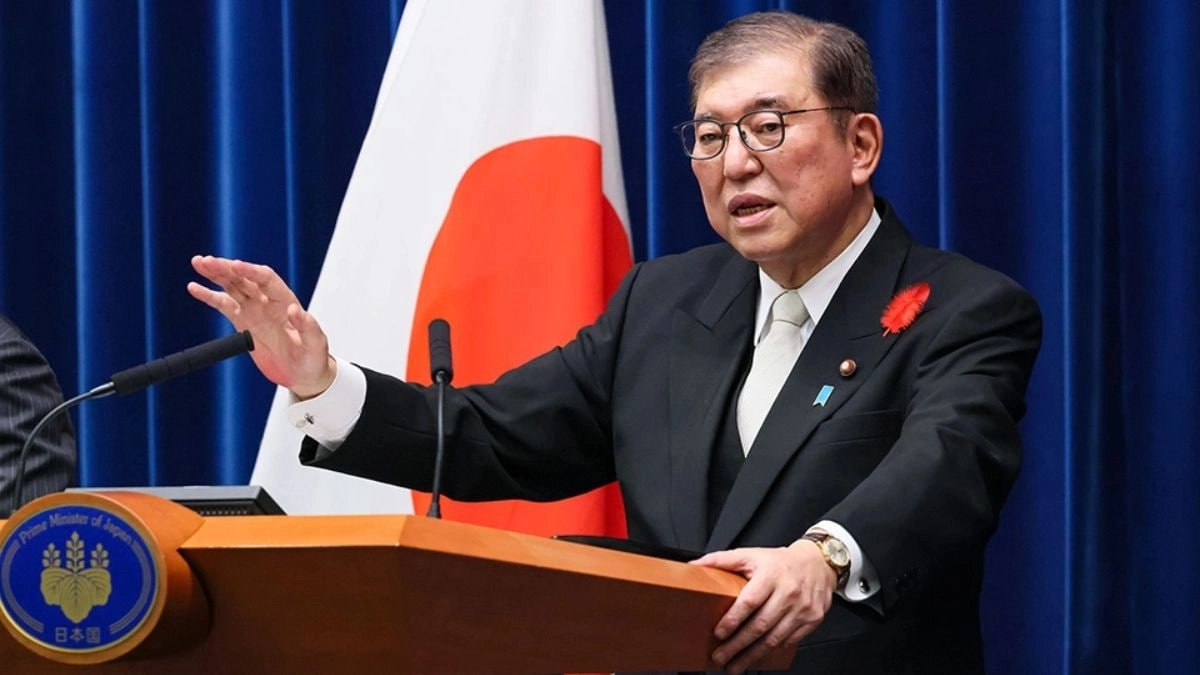In a significant political shift, Japan’s governing alliance has suffered a setback in the recent upper house elections, marking a crucial moment in the country’s political landscape. The elections, held amid various challenges including economic concerns and public discontent with the government’s handling of key issues, have resulted in a noticeable decline in support for the ruling coalition. This outcome has raised questions about the future direction of Japan’s leadership and its potential impact on policy-making.
The governing coalition, led by Prime Minister Fumio Kishida, had aimed to consolidate its power in the upper house to further its legislative agenda, particularly in areas such as economic recovery, social welfare, and defense. However, the election results indicate a growing frustration among voters, who are increasingly concerned about rising living costs and stagnant wages. This electoral defeat serves as a wake-up call for the ruling party, highlighting the importance of addressing the public’s pressing issues and restoring confidence in the administration.
As the opposition parties gain ground, they are poised to challenge the government more effectively in the coming months. This shift could lead to a more dynamic political environment, where alternative voices gain prominence and advocate for policies that resonate with the electorate. Analysts suggest that the governing alliance may need to reconsider its strategies and engage more with the public to rebuild trust and legitimacy. The implications of this electoral loss extend beyond immediate political ramifications; they may also influence Japan’s long-term policy directions and its approach to critical domestic and international challenges.




